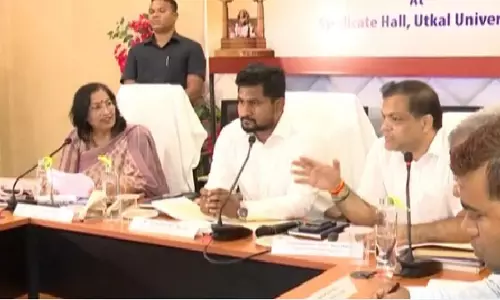
Srinagar: The Jammu and Kashmir and Ladakh High Court has directed the Indian Army to pay decades of accumulated rent for a private piece of land it has occupied since 1978 in the Budgam district of Jammu and Kashmir. The ruling comes after a prolonged legal battle initiated by the landowner seeking compensation for the use of their property.
The court order mandates the army to compensate the landowner for 46 years of occupation, with the rent calculated from the time the land was requisitioned. Justice Sanjay Dhar, delivering the judgment, emphasized the constitutional protection of property rights and stated that landowners are entitled to compensation for the use of their land by state agencies or the military.
According to the petition, the army occupied the land in 1978 under a temporary arrangement. However, no formal requisition order was issued, nor was rent paid to the landowner, leading to the legal dispute. The landowner repeatedly approached local authorities and the court, seeking justice.
The court observed that the prolonged delay in paying rent violated the landowner's fundamental rights under Article 300A of the Indian Constitution, which guarantees protection against deprivation of property without lawful compensation. It directed the authorities to clear the rent arrears at the prevailing market rate, as assessed by a competent revenue authority, and ensure future payments are made promptly.
Legal experts have highlighted the significance of the ruling in upholding property rights and ensuring that the state and its agencies adhere to legal procedures. "This judgment reinforces the principle that no individual or institution is above the law when it comes to property rights," said a senior lawyer.
The Army has yet to issue an official statement regarding the order. Sources, however, indicated that steps would be taken to comply with the court's directive while reviewing administrative procedures related to land use.
The ruling sets a precedent for similar cases where private land has been occupied by government agencies without due compensation. The court also warned authorities against delays in resolving such disputes, urging them to act proactively to prevent prolonged litigation.


